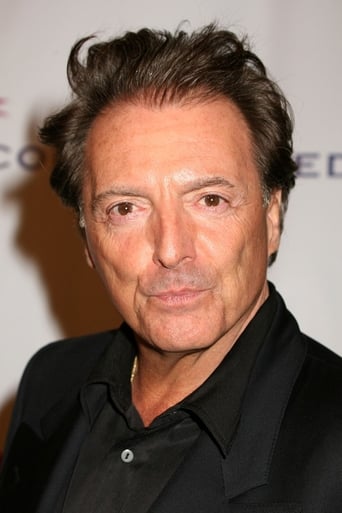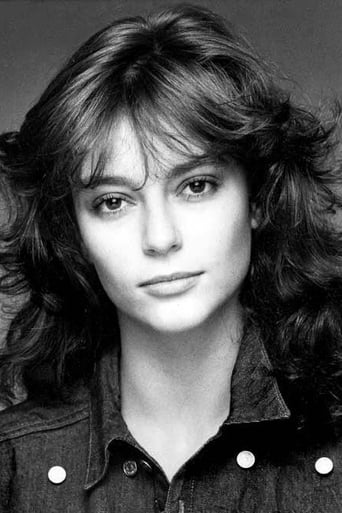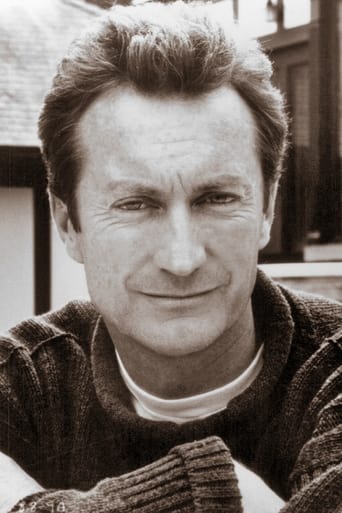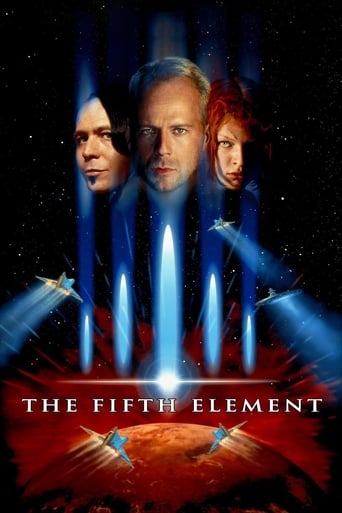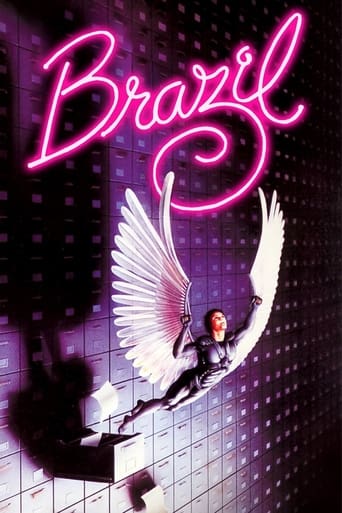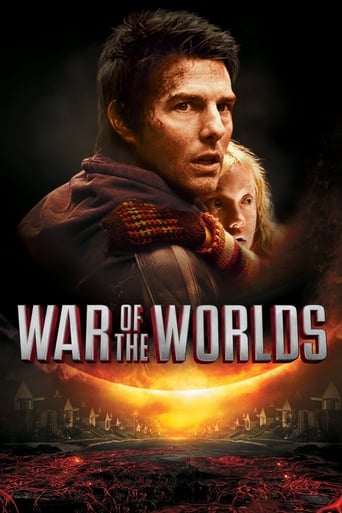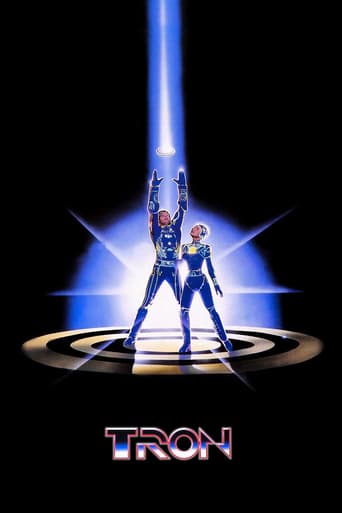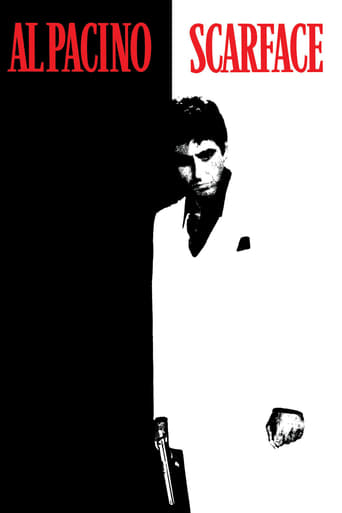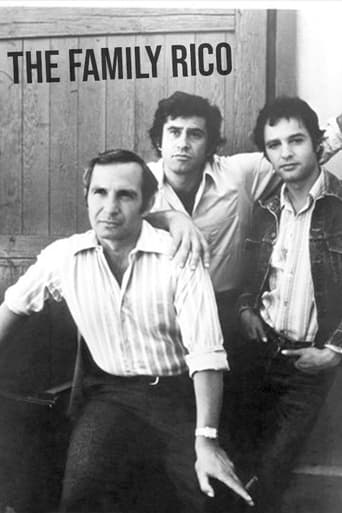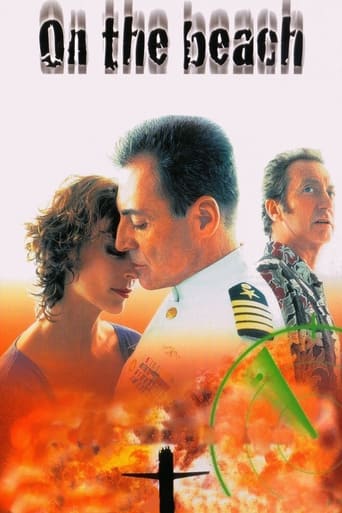
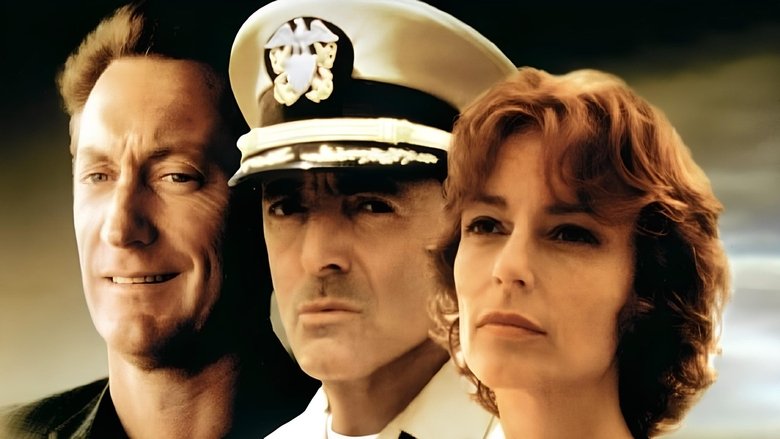
On the Beach (2000)
The world has finally managed to blow itself up and only Australia has been spared from nuclear destruction and a gigantic wave of radiation is floating in on the breezes. One American sub located in the Pacific has survived and is met with disdain by the Australians. The calculations of Australia's most renowned scientist says the country is doomed. However, one of his rivals says that he is wrong. He believes that a 1000 people can be relocated to the northern hemisphere, where his assumptions indicate the radiation levels may be lower. The American Captain is asked to take a mission to the north to determine which scientist is right.
Watch Trailer
Cast


Similar titles
Reviews
Well, we're on the beach again. And the first question that comes to my mind is - why? What was so very wrong with Kramer's 1961 original that the whole thing needed re-jigging? Here, we have Armand Assante replacing Gregory Peck as submarine commander Dwight Towers. Someone called Rachel Ward steps into Ava Gardner's shoes as Tower's love interest. And preposterously over-the-top Brian Brown - who got his big break in 'Murder By FX' - makes a determined but completely failed attempt to supplant Fred Astaire as the scientist. Various other B-movie nonentities cling fast to their ancillary parts.I'm sounding a little scathing, I know; when in truth this is a very competent little movie in its own right. It just happens to be inferior to its original of nearly 50 years vintage in almost every respect. And that's the point. Modernisation does not necessarily mean improvement.What does it add? Well, the first think to notice is photography in colour, instead of black-and-white. And I don't like it. For me; as a child, the cold war was represented in B&W. Not just on the movie screen but on television at home. Newsreels were always monochrome, and that is how my generation largely remembers that stark, terrifying period of history. Think of any cold-war movie, and you'll know what I mean. Moreover the social and political philosophy was also black-and-white: capitalist or communist, east or west, enemy or friend, right or wrong. There was no middle ground.Secondly, and obviously; in the intervening time, special-effects have advanced in leaps and bounds. Here we get to see some of the nuclear destruction that was denied us in Kramer's slightly flawed masterpiece. It's breathtaking stuff. But does it advance the story? Not one jot. Does it make for a better, more shocking, more convincing experience? I think not. To me, those still, silent, deserted streets viewed from a distance in the original, spoke volumes. What both these movies demonstrate is the complete irrelevence of special effects compared to a good story well told, whilst at the same time, modern movies' almost-addicted dependence upon them to carry the day.Then, we get to see the onset of radiation sickness. And once again it's more graphic in its presentation, with some good, hearty honking. But do we need it? Finally, there is the love triangle thing. And that too is needlessly more graphic and hysterical in a way that detracts from the constrained and understated original. Frankly; it's unbelievable. To see this Rachel Ward character strutting about amongst men as though sexual desire were still the biggest story in town, and all of them in turn fawning over her, as if the universal thought of imminent hideous extinction could be completely eclipsed by the sight of a well-figured slut, is just too ludicrous to countenance. And if that were not enough, we have the Dwight Towers' character becoming petulantly jealous over this woman's sexual dalliance with the Professor, despite the fact they're all going to be dead in a week anyway. So how in hell can it matter? Might as well go for a threesome.If there had been no Neville Shute novel, and if there had been no previous movie; this would have been the standard-bearer for the cinematic portrayal of nuclear extinction. And it would have been - and is - reasonably good. However, there was a novel and that was extremely good. And there was an earlier movie which both maintained an adequate fidelity to that novel and was quite excellent. Which brings me back to the original question: If you can't improve upon the original - why bother trying to replicate it? Well; I guess you can read the book. And I guess you can watch both of the movies. I have, and my comments are here. Decide for yourselves. Perhaps in the end, each is a movie of its time, and reflects the social mores of its generation.
Quite frankly, I think that this television rethinking of Nevil Shute's superb, and very moving book is, for the most part, awful. The screenplay has, more or less, jettisoned all the tragic components, and appealing characters of Mr Shute's great novel, in favour of bringing the story up to date, so much so, that the producers might as well have commissioned an original story and screenplay. The 1959 version was, for the most part, much more faithful to the original novel than this sorry effort. 'Truth to tell, neither version does justice to the book, although at least Stanley Kramer's version tries it's best to capture the dignity and quiet heroism of the ordinary characters facing a tragic consequence. The only thing in favour of this rethink is that the facts are brought up to date and we are shown how the mob would react to the end of the world but, apart from that, I will stick to the original film version, despite nearly being driven to distraction with umpteen variations of a theme on Waltzing Matilda, and the terrible miscasting of Ava Gardner. And talking of miscasting, this TV version has more than it's fair share of that; Armand Assante, who has as much charm as the holocaust he is involved in, Rachel Ward who seems all at sea with her part and, like Miss Gardner, is totally wrong for the part of Moira and, surprisingly, the usually excellent Bryan Brown is another casualty of the miscasting department. A1, however, are the brilliant special effects; the scene of a devastated San Francisco makes one's jaw drop, the nuclear dust like falling snow, and the dead victims are the only memorable moments, and as for the end, ugh!!!! The scriptwriters should have been shot for writing such dross and slop, the ending in the book is much more powerful. Maybe one day someone will make a remake that does full justice to a magnificent novel that is just as timely today as it was in the late 1950's.
This film is truly remarkable. The acting is wonderful, and the realistic portrayal of the end of humanity will affect you like no other film. The scenes of a destroyed and melted San Francisco and its Golden Gate Bridge in pieces will horrify anyone who has ever lived or visited there. This is a must watch for everyone, especially those who would like to stop the spread of nuclear armaments all over our planet. Buy this film, and keep a copy in your archives. Better yet, tell your congressmen and all politicians to see this film. Hopefully, it will help this horror from ever happening to the world in real life. You will truly never forget this film.
It is incredible how the novel by Nevil Shute has been corrupted and all power sapped from it's message. Subtlety, character, and the sense of hopelessness and horror are replaced by incredibly bad acting (sometimes just downright weird acting), questionable special effects, lots of corpses, and a plot that simply lacks sense. The novel still haunts me, the original film devastated me and gave me nightmares. This production was simply irritating, unnecessarily long, and populated by people I just could not care about. The issue of suicide seems to ignored completely and replaced by a passivity that's odd in the extreme. I suggest a reading of the Shute masterpiece and a viewing of the original film (seen in the context of the times, when nuclear war was all to real a threat and left many of us with nightmares about the horrible possibility.) This film is a travesty and a morbid curiosity at best. It lacks the powerful message and empathy of the intent of the author and producer of the source material.


